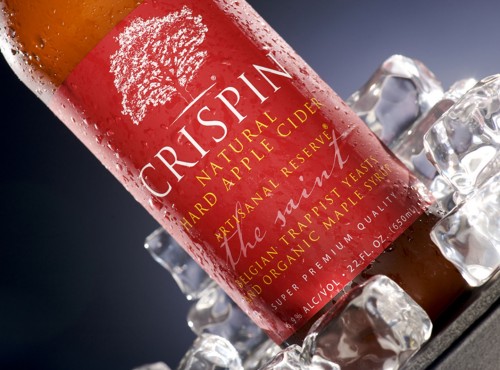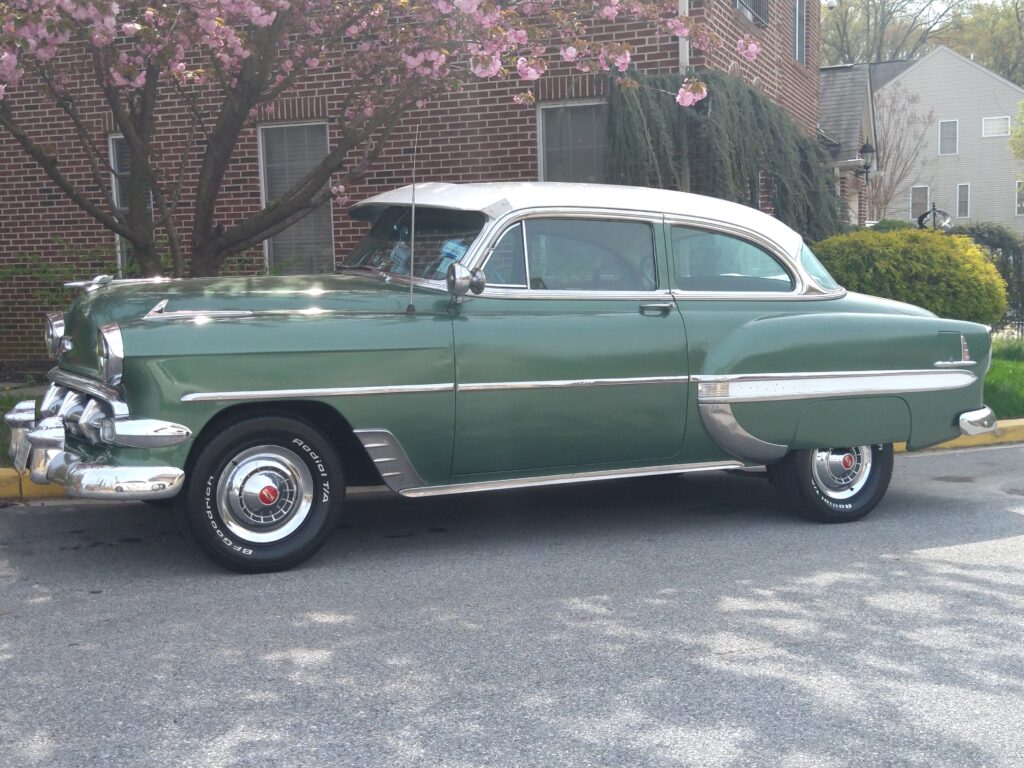
Sam Fitz is a Certified Cicerone® and the Beer Director at Meridian Pint and Smoke & Barrel. Read Sam’s take on the Boilermaker here.
Autumn in the District is unpredictable and too often too short. 2011, though, has brought us an unexpectedly pleasant fall to complement the multitude of Oktoberfest, Pumpkin, and other tasty seasonals that abound in the city. But as the weather changes and the beers get darker, I’m finding it difficult to abandon my summer fling: refreshing, high quality, gluten-free fermented cider.
Woodchuck, Doc’s and other American long-standing American cider makers have painted the consumer’s image of cider: sweet, sticky, bubbly liquid produced from apple juice of undefined quality. The residual sugars, usually from cheap ingredients and not apples themselves, are what define these products, and the fact that they are technically made from apples is experienced by the consumer as little more than an image conjured. This is all quite a shame as there are many notable Old World ciders, as well as a burgeoning group of American producers, seeking to redefine the perception of their craft.
Cider’s history is as ancient as that of beer. England, France and Spain have been producing this beverage for thousands of years. Hundreds of different apple varieties have been cultivated specifically for its production, providing astonishing diversity for a product that usually relies heavily on a single ingredient (water and yeast round-out the recipe). Old World ciders can be a little difficult to find stateside and are certainly pricey, but if you can get your hands on them, such as anything made by Etienne Dupont, you’re in for a real treat. Fortunately, the American craft beer movement has begun influencing domestic cider production and the quality is improving every day.
The end of 2010 saw the introduction of Crispin Ciders to the nation’s capitol. Based in Minnesota, Crispin started with a range of ciders called the “Blue Line”. Original, Light and Brut are nice products that are reminiscent of the super sweet, sticky, cheap hard ciders of the 1990’s but are created from better ingredients (fresh-pressed apple juice instead of concentrate) with more care. Made to be familiar and accessible to the general public, they are a nice entry into the world of craft cider.
Continues after the jump.
The “Artisanal Reserve” ciders are where Crispin really shows its brawn. “Honey Crisp”, the most popular, is about as refreshing as it gets. Like all of Crispin’s ciders, it is made from fresh-pressed apples, but it is then finished and smoothed by the addition of organic honey. The sugars of the apples and honey are thoroughly fermented, leaving the pleasant flavors of both ingredients with almost no residual sweetness. Crispin emphasizes that their ciders are crisp, not sweet, and the “Honey Crisp” really showcases this.
The other three products in the Artisanal Reserve–the Saint, Lansdowne, and the new Cho-tokkyu–take innovation to a new level. Each utilizes a different organic sugar as well as a beer or sake yeast. Cho-tokkyu is made with organic rice and sake yeast, resulting in a product that is reminiscent of that famous Japanese beverage. Lansdowne is a spoof of Irish Dry Stouts. Organic molasses is added to deepen the color and body of the cider, and of course the appropriate yeast is used. As interesting and tasty as these are, The Saint outshines them all.
Delivered in a 22-ounce bottle and served on the colder side, The Saint pours a hazy straw yellow. The cloudiness is due to Crispin’s “unique Cloudy Filtration process” which leaves a layer of apple sediment at the bottom of each bottle. Turning the bottle over before opening encourages small apple flakes in every glass, with delicious results.
The Saint draws its monastic name from its fermentation with Trappist ale yeast. The influence of this is subtle, largely being masked by the other sensory contributors, but it does give The Saint a noticeable Belgian quality. Apple is most prominent in the nose, adding a bit of bitterness, but citrus and pepper notes from the yeast round-out the experience.
Organic maple syrup is used to smooth The Saint, and while it is fairly undetectable in the nose, it is certainly relevant in the flavor. At 6.9% The Saint is scarily drinkable, and the hearty but not sweet lingering taste of maple syrup is very pleasant and seasonally appropriate. Apple bitterness from the nose is completely erased on the tongue as the maple syrup seems to engulf it, transforming the flavor into one of more caramel apple without the stickiness. The depth of flavor, the delicately smooth profile, and a nice acidity from the apples make The Saint a pleasure to consume.
Unfortunately, only the Original cider from the “Blue Line” is available year-round on draft. The Saint would be a true treat from the tap but, as of now, this author is unaware of plans for wide distribution. Crispin does, however, release specialty drafts from time to time. “Desert Noire”, a cider aged 50% in Tennessee whiskey barrels and the other half in red wine oak barrels, then finished with agave and prickly pear nectar, was a particularly interesting recent release.
Browns Lane, an authentic English dry cider that is actually imported from that country, rounds out Crispin’s portfolio. Browns Lane is a great example of a truly dry cider and is fairly unique in the world of craft cider as it is delivered in a 16-ounce can. Whether it is canned, kegged, or bottled, Crispin cider is more than deserving of a taste, regardless of the time of year.
Recent Stories

We are excited to announce that the 2024 Washington Award application opened today!
The 2024 Washington Award offers four cash prize awards of $15,000 for individual artists working in the field of music, dance, visual arts, and interdisciplinary practice (one award per category). This award, one of the largest grants in D.C. available to individual artists, provides unrestricted cash support to artists at critical moments in their careers to freely develop and pursue their creative ideas.
Since its inception in 2001, the Washington Award has recognized artists in music, dance, interdisciplinary practice, and visual arts. In a renewed commitment to supporting the artistic community of Washington DC, the Washington Award is eligible to DC artists who prioritize social impact in their practice.

Unlike our competitors, Well-Paid Maids doesn’t clean your home with harsh chemicals. Instead, we handpick cleaning products rated “safest” by the Environmental Working Group, the leading rating organization regarding product safety.
The reason is threefold.
First, using safe cleaning products ensures toxic chemicals won’t leak into waterways or harm wildlife if disposed of improperly.
DC Labor History Walking Tour
Come explore DC’s rich labor history with the Metro DC Democratic Socialists of America and the Labor Heritage Foundation. The free DC Labor History Walking Tour tour will visit several landmarks and pay tribute to the past and ongoing struggle
Frank’s Favorites
Come celebrate and bid farewell to Frank Albinder in his final concert as Music Director of the Washington Men’s Camerata featuring a special program of his most cherished pieces for men’s chorus with works by Ron Jeffers, Peter Schickele, Amy







